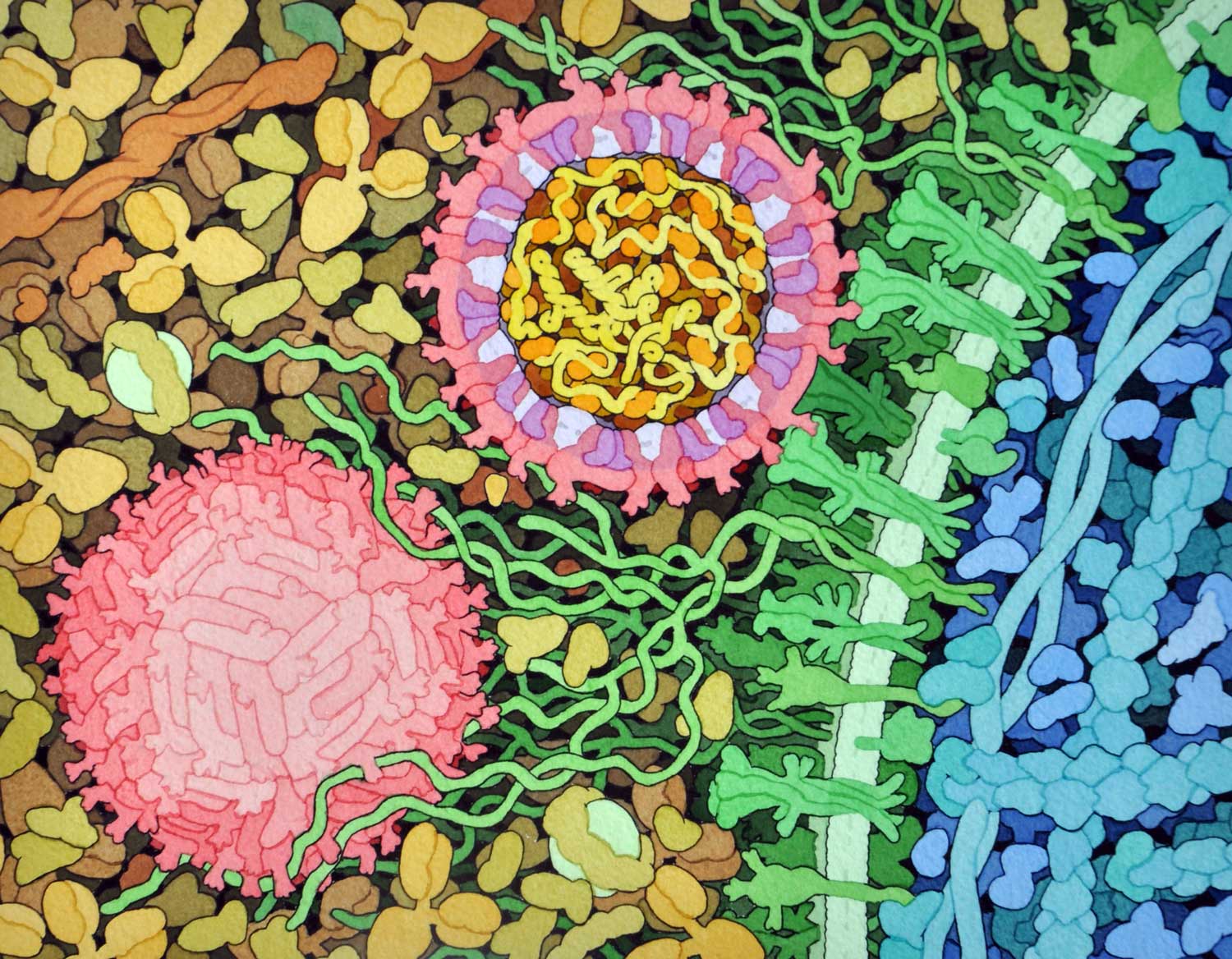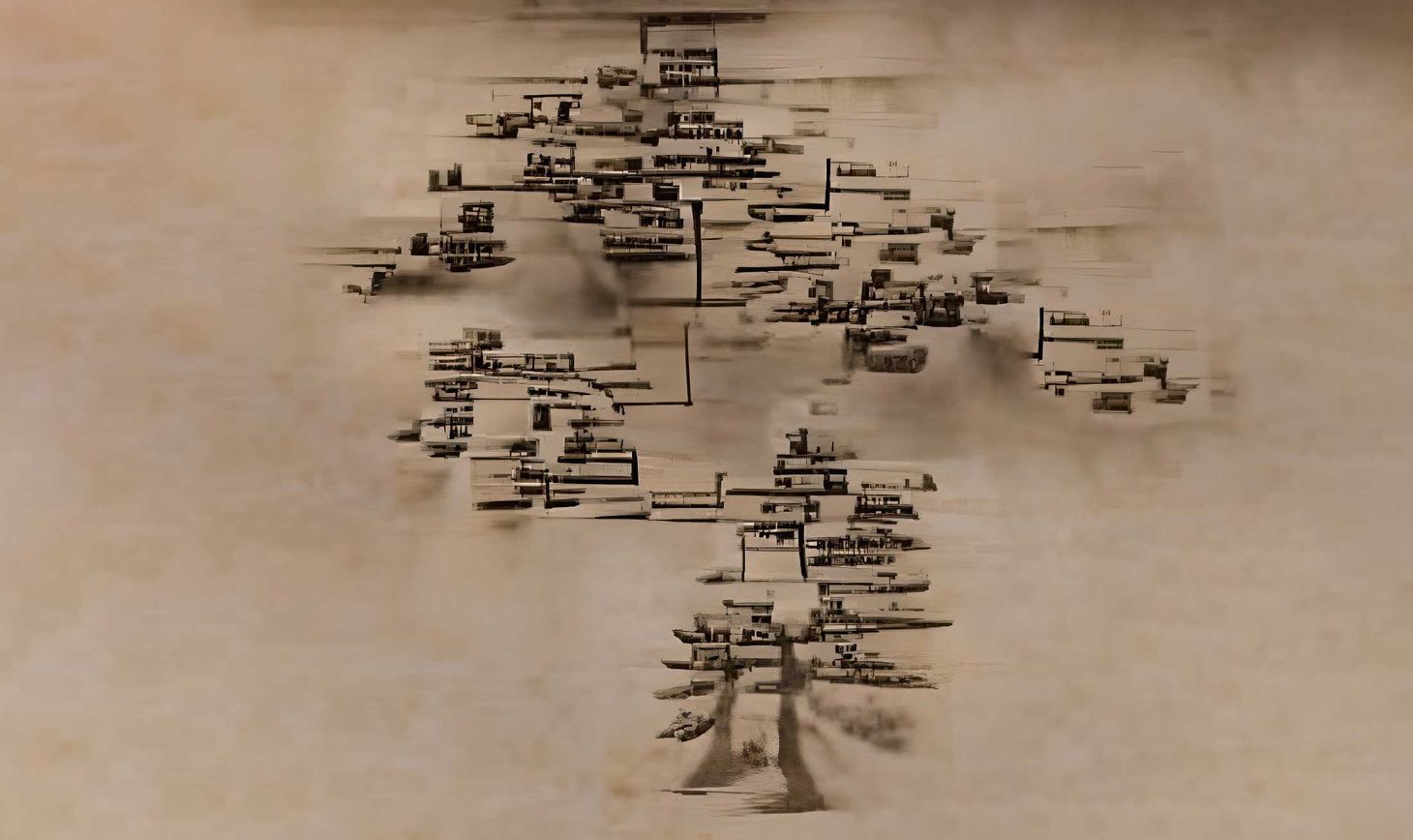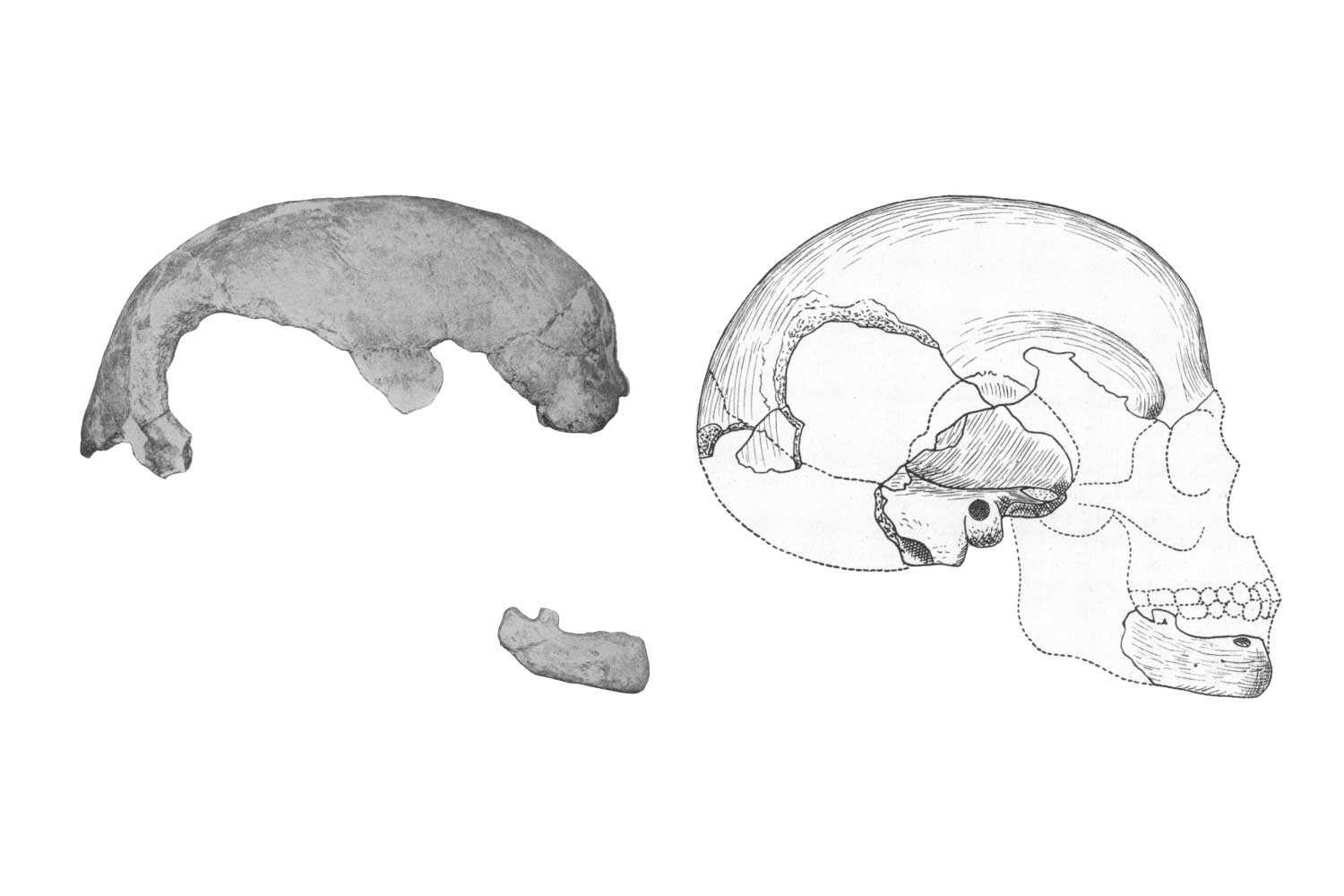How research into the causes of health disparities matters to cancer
Science writer Jennifer Couzin has an important profile of cancer researcher Olufunmilayo Olopade. I say it's important because the profile really presents a nuanced view of the relationship of biology, race, and health outcomes:
It's long been known that black women, although less likely to suffer from the disease than whites, are far more likely to die of it, a difference traditionally attributed to lack of access to health care. But Olopade and a number of other scientists are finding something else: In more than a dozen studies, they've documented that breast tumors in African-American women tend to be more aggressive, less responsive to treatment, and more likely to strike before menopause than breast tumors in whites and other ethnic groups. The differences persist even when statisticians adjust for every variable they can think of, from body weight to education to the cancer treatment given.
Still, the "science of disparity," as Olopade likes to call it, remains on the periphery of oncology research. Oncologists worry that by focusing on it, they'll be perceived as dismissive of the very real gulf in access to care. And they're generally reluctant to seek physiological distinctions between races. "It's such a contentious issue, and it causes people so much stress to conclude there may be a difference" in biology, says Wendy Woodward, a radiation oncologist who treats breast cancer at M. D. Anderson Cancer Center in Houston, Texas. She recently reported that even when black women with breast cancer receive the same treatment as whites in clinical trials, their chance of developing incurable metastases is about 20% greater.
As knowledge about the genetics behind cancers increases, cancer specialists are making finer and finer distinctions between tumor types. "Breast cancer" is not a unitary disease, but a compilation of many different developmental pathways that lead to a common symptom -- tumors in the breast -- but potentially very different outcomes under the same treatment regime.
The side effect of a more specialized, personal genetics is the observation that ancestry matters. Yet, ancestry exerts effects through environmental pathways as well as genetic ones:
After confirming that fewer than 10% of the women in a group of patients from Nigeria had inherited a BRCA mutation, Olopade found that a startling 77% of 378 samples from Nigeria and Senegal were ER-negative [that is, had cancers of an estrogen receptor-negative type]. This contrasts with 39% in African Americans and 23% in Caucasians. Although many of the African women were young, and younger breast cancer patients are more prone to have ER-negative tumors, the numbers were still off the charts. "This just blew us away," she says. Those results, which Olopade and her colleagues presented at a cancer meeting in 2005 and are readying for publication, led her to believe that aggressive breast cancers in blacks are driven by an interplay of genes and environment.
There is a hint at the end that stress-related hormonal changes may also increase the risk of these cancers, through epigenetic mechanisms.
The article calls this line of inquiry, "disparity research." It's a name based in a public health discourse -- the analysis of disparities in health between racial groups. I think the name is unfortunate, because it characterizes differences only in terms of their negative effects. To the extent that the health outcomes may have genetic causes, those genes have evolutionary histories. Negative health outcomes are not their purpose, and research should examine the population variability in an evolutionary context. Likewise, the epigenetic responses to individual environments themselves have an evolutionary history.
To examine the question as only one of disparity is to minimize it -- as if the only value of genes and ancestry is to avoid disease. That seems to be a message that Olopade herself understands:
Olopade the straight talker responds forcefully to such criticisms, arguing that the aggressive disease she so often sees is not due only to poverty and lack of access to care.... Visiting the hospital room of a 50-year-old African-American breast cancer sufferer, who initially declined treatment and whose triple-negative disease has spread through her chest, she touches the woman gently on the shoulder, inquires about her family, and asks her to please listen to her doctors. "It keeps me thinking--that woman, why is she in the position she's in?" she wonders later. "If I don't have the experience of seeing patients like that, who walk in, and I studied disparities," she says, "I would never get it."
The realization is that "genetic basis" does not mean fate. Genes cannot provide a full explanation, and their effects are not unchangeable. The concept of "personalized medicine" is that individual genetic variations matter: that understanding the different pathways that lead to common diseases can also lead to better treatments for individuals. At the same time, understanding the way that genes and epigenetics influence individual outcomes will uncover many of the ways that shared outcomes arise among people with shared ancestry.
John Hawks Newsletter
Join the newsletter to receive the latest updates in your inbox.



